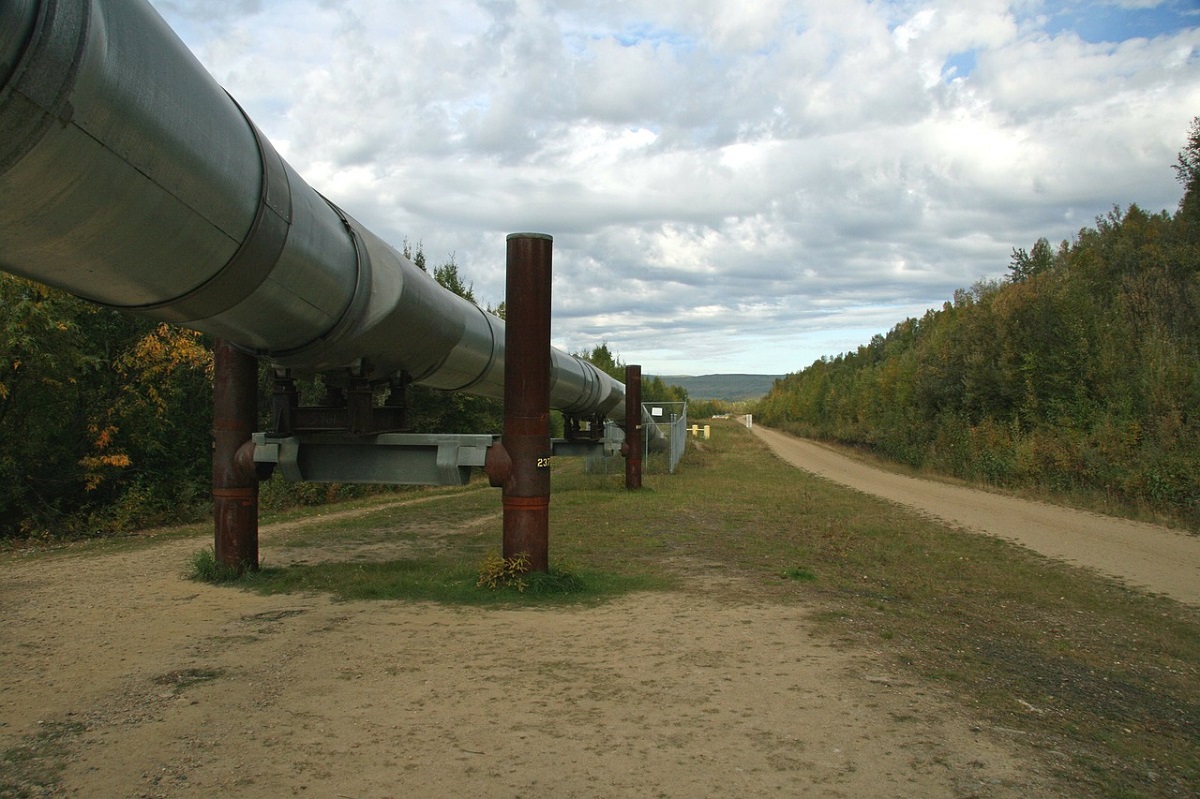President Joe Biden signed an executive order canceling the cross-border permit for the Keystone XL project within hours of taking office on Jan. 20, 2021, as part of a strategy to phase out natural gas and oil, resulting in the loss of thousands of family-sustaining jobs. At the same time, the Biden administration guaranteed that there would be lots of “good-paying” jobs available in the renewable energy sector, an energy expert Stephanie Catarino Wissman comments for Real Clear Energy.
However, as a recent Cicero study conducted in collaboration with North America’s Building Trades Unions and the American Petroleum Institute demonstrates, natural gas and oil employment do not simply migrate to the renewables industry, Wissman, who is the Executive Director of the American Petroleum Institute Pennsylvania (API PA) in Harrisburg, adds.
Careers in the natural gas and oil business pay seven times the federal minimum wage and more than 70% more than the typical U.S. employment, making transferability both illogical and fiscally unsustainable for families.
Only two of the 18 most prevalent natural gas and oil positions are adequately transferrable to the 18 most in-demand renewable energy jobs, according to the data. Using a broad brush to describe industrial positions ignores how skills, education, salary, location, and demand impact job transferability. According to the data, the most prevalent natural gas and oil employment employ 10 times as many people as the most in-demand renewable energy vocations.
Natural gas and oil contribute for roughly 70% of US energy use; stymieing critical projects and, as a result, canceling thousands of decent jobs threatens access to dependable, cheap energy created in America and affects the US economy.
At this critical juncture, when inflation has reached its highest level in 40 years and energy demand is soaring, we need policies that boost U.S. natural gas and oil production while also growing our energy workforce. According to the US Energy Information Administration, global energy consumption by 2050 is estimated to climb over 50% over 2020 demand, with natural gas and oil expected to satisfy half of that need.
In 2019, the United States became a net energy exporter for the first time in almost seven decades, boosting America’s energy security and allowing us to export reliable natural gas and oil to our friends around the world, says the author.
Because of a motivated and well-trained workforce, America has risen to first place in natural gas and oil production. As global demand for energy rises, U.S. policy should encourage the growth of American energy and infrastructure, as well as the millions of talented employees who generate and supply the energy that drives our daily life.

